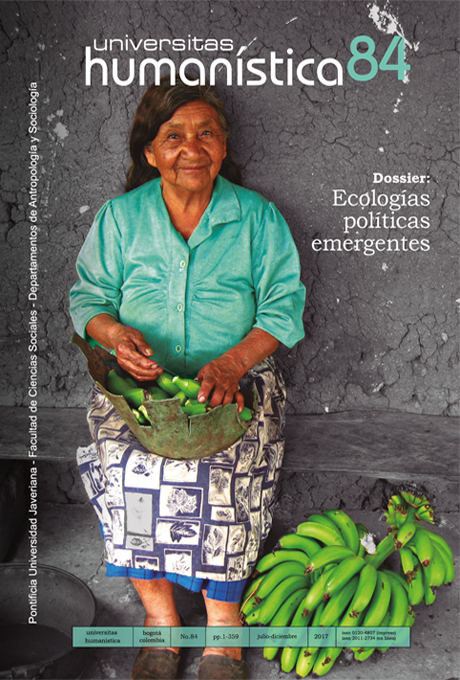Abstract
This paper aims to discuss ongoing research on the Xikrin people of Bacajá and the Baniwa people. Its purpose is to reflect on indigenous schools in two different ethnographic contexts. The Xikrin and the Baniwa are examples that show how the development of indigenous schools in Brazil has happened in different ways and at different times, and how these factors help trace educational specificities for each one of these places. The elements that illustrate these specificities are diverse; this paper presents how knowledges that are recognized as ‘traditional’ by indigenous and non-indigenous teachers have become educational activities in the classroom. How are these activities designed and what meaning do they acquire when they are brought to schools? These ethnographic experiences lead to a reflection on the way(s) in which indigenous practices are resignified when taken to the classroom, and how they help reveal relations and negotiations between traditional knowledge and pedagogical practices in schools.

This journal provides immediate open access to its content on the principle that making research freely available to the public, encourages greater global exchange of knowledge.
The journal Universitas Humanística is registered under a Creative Commons Attribution 4.0 International Public License. Thus, this work may be reproduced, distributed, and publicly shared in digital format, as long as the names of the authors and Pontificia Universidad Javeriana are acknowledged. Others are allowed to quote, adapt, transform, auto-archive, republish, and create based on this material, for any purpose (even commercial ones), provided the authorship is duly acknowledged, a link to the original work is provided, and it is specified if changes have been made. Pontificia Universidad Javeriana does not hold the rights of published works and the authors are solely responsible for the contents of their works; they keep the moral, intellectual, privacy, and publicity rights.
Approving the intervention of the work (review, copy-editing, translation, layout) and the following outreach, are granted through an use license and not through an assignment of rights. This means the journal and Pontificia Universidad Javeriana cannot be held responsible for any ethical malpractice by the authors. As a consequence of the protection granted by the use license, the journal is not required to publish recantations or modify information already published, unless the errata stems from the editorial management process. Publishing contents in this journal does not generate royalties for contributors.


